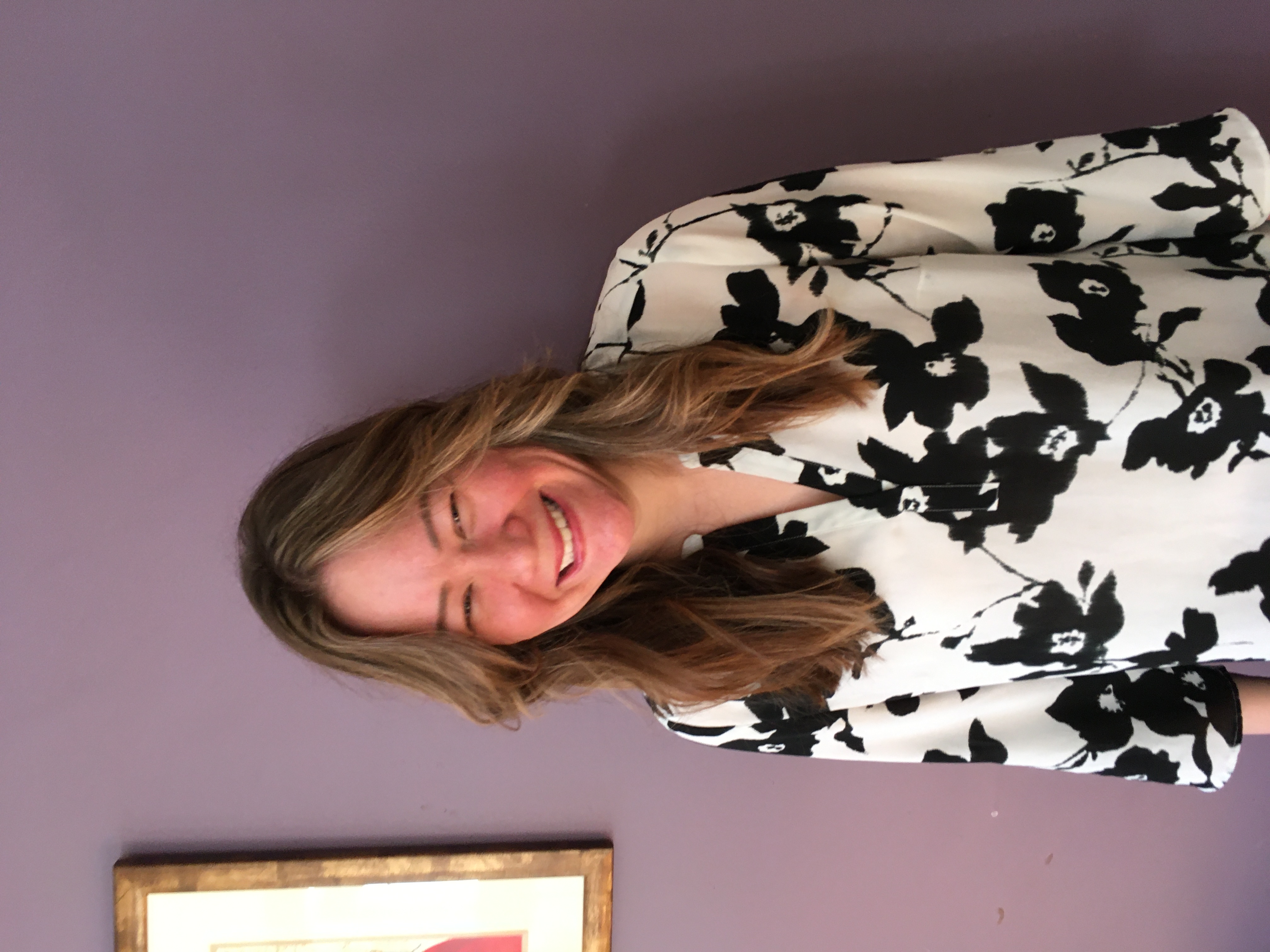
“The Pain and Power of Passing”
Mimi Iimuro Van Ausdall
Minneapolis, MN | Japanese | She/her/hers
As a mixed-race queer person growing up in the Midwest, I have experienced a lot of loneliness. On one hand, there is the tendency to erase difference. “I don’t really see you as Asian. I just see you as Mimi,” one White childhood friend had said. At once a beautiful sentiment of my individuality and a simultaneous erasure of part of what makes me who I am. And, then, when I was older and looking for solidarity among women scholars of color, one woman, who was assigned to do partner work with me, took one look at me across the room, and turned to pair with the woman next to her. Me – the light-skinned, potentially white-passing girl – was dismissed in what was supposed to be a safe space for women of color. She’s right that I benefit, in some instances, from white privilege. Yet here, again, the dismissal of my identity and the pain intrinsic to not fully belonging to any of my identity groups – Japanese, White, or bisexual – disappears. The pain of negotiating being the “model minority” while also being bisexual, the very opposite of the model minority, goes unseen in favor of other narratives of race in America.
Honestly, some days I wish I looked more Asian. I even thought of dying my naturally brown hair black. But I’d still be too large and too queer to be accepted as Japanese by most in my community. On most days, I embrace my look — that to anyone who has paid attention, is distinctly hapa (used in Hawai’i for half), and I embrace the power of my biracial body.Passing, while downright traumatic, can at times, come with power. People who see me as white and straight occasionally say racist or homophobic things that they would not let fly around those who they read as markedly non-white or LGBTQ+. This puts me in the unique position of experiencing both subtle and blatant expressions of racism and homo- and transphobia among otherwise welcoming folk, whose attitudes might not be directly expressed in the presence of my more visibly “Other” and Othered counterparts. As somewhat of an insider within multiple groups, I can speak within them to dismantle stereotypes and assumptions. I can complicate the black versus white narrative that tends to dominate discussions on race in America. In other words, being biracial puts me in a position to address potentially offensive ideas within all of my communities. This is the beauty, pain, and power that I, and any person who crosses identity categories, can hold.
#MinneAsianStories Series
The Power of Me
2020
Coming Soon
This is Home
2019
Hello, Neighbor
2018
I relate to her story on so many levels, and it’s comforting to see that there is someone else like me out there, who is experiencing many of the same things as I do. Being Asian-American, being mixed-race Asian, LGBTQ, and a woman in our society all have these lived experiences that many people do not understand because our story is not widely told.
In such a small number of words, you admirably manage to convey some real emotional complexity here, making me feel both the gut-punch of erasure and the bravery and power of infiltration. Thank you for such a rich and provocative piece to help us mark this month and celebrate our Asian/Pacific neighbors and friends.
Stephanie–Thanks so much for taking the time to read and comment. I’m glad to know you are out there as well. ~Mimi
Thanks so much for taking a moment to comment, Margaret. ~Mimi
As someone who was just othered in a BIPOC space I was invited to, reading this felt like a giant hug. It was also an important reminder that our privilege allows us to listen in spaces others can’t go and unlock doors. Mimi find me and be my friend!